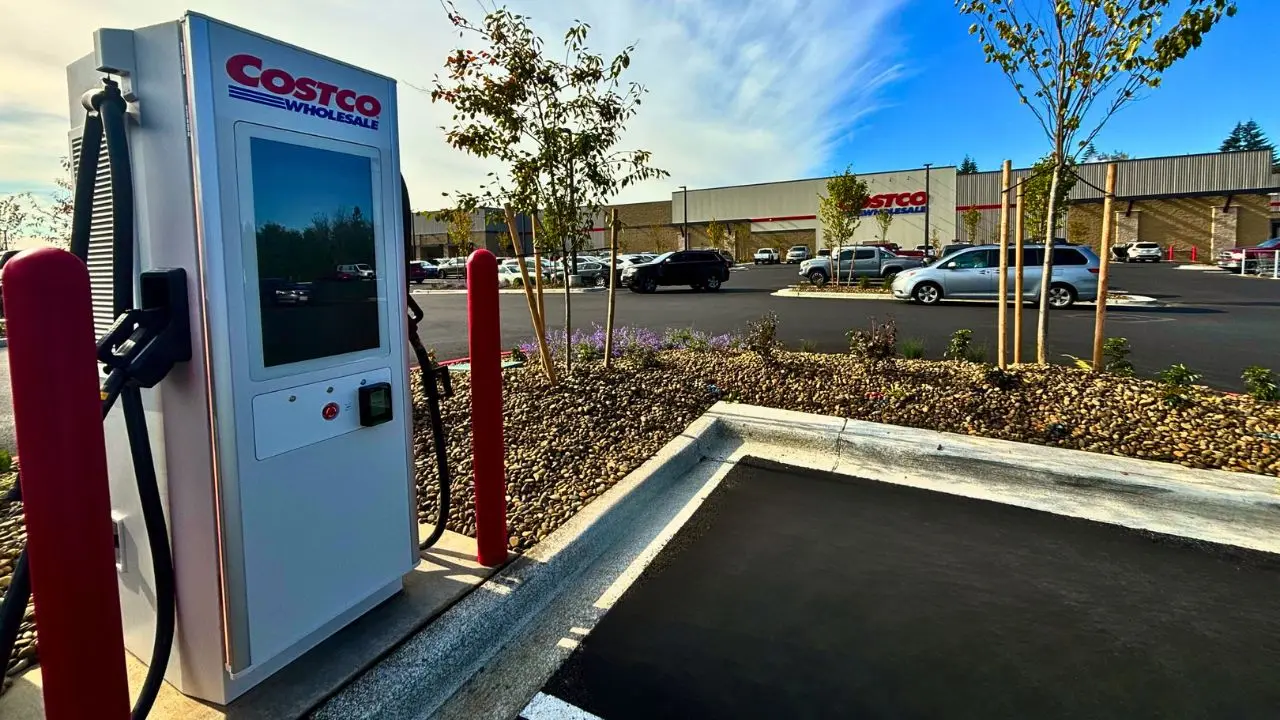Let's safeguard marine ecosystems - Prof. Klutse
The Environmental Protection Authority (EPA) has reaffirmed its commitment to protecting the nation’s coastal and marine resources during the commemoration of World Oceans Day, held in Accra.
According to the Acting Chief Executive Officer of EPA, Professor Nana Ama Klutse, the country’s 550-kilometre coastline supports millions of livelihoods, particularly in fishing communities, and serves as a pillar for food security, economic development, and cultural identity.
However, she warned that these invaluable benefits were under threat from overfishing, illegal fishing practices, plastic and fabric pollution, and coastal erosion.
“The degradation of our oceans is not just an environmental issue, it is a developmental crisis, a public health concern, a food security threat, and a human rights challenge,” Prof. Klutse explained.
Speaking at a symposium and an art competition involving Senior High Schools in the Greater Accra, Friday, on the theme: ‘Preserving Our Oceans, Protecting Our Future,’ she made a national call to safeguard the country’s marine ecosystems and coastal livelihoods from mounting threats.
Additionally, she described the ocean as a vital life support system that provides 70 per cent of the oxygen they breathe, food, transport, livelihoods, and protection against climate change.
“We must guard the ocean with every jealousy in us,” she emphasised, adding that, “Polluting this resource is not just an environmental threat, it is a threat to our survival as a people.”
Highlighting the scale of the problem, she cited the UNDP’s 2023 report, which estimates that Ghana generates 1.1 million tonnes of plastic waste annually, much of which ends up in the ocean.
“This pollution, along with oil spills, chemical runoffs, and the destruction of mangroves and wetlands, is poisoning our waters and jeopardising our future,” she stressed.
To address these challenges, Prof. Klutse outlined ongoing efforts by the EPA and the Ministry of Environment, Science and Technology, including the National Plastics Management Policy, which aims to foster a circular economy and combat plastic pollution through collaboration with local authorities and private sector partners.
She also spotlighted the implementation of the West Africa Coastal Areas Resilience Investment Project Phase 2 (WACA RESIP 2), which was restoring mangrove ecosystems, rehabilitating the Korle Lagoon and Keta Lagoon Ramsar sites, and helping protect communities from flooding and erosion.
However, she lamented the destruction of mangrove forests for firewood and charcoal, which weakens natural coastal defenses.
“We are educating communities to preserve mangroves as a frontline defense against coastal erosion,” she said.
In an effort to foster grassroots support and ocean literacy, Prof. Klutse announced the EPA’s School Art Competition, encouraging students to use art to advocate for marine conservation, adding that, “Sustainable change begins with informed citizens.”
Moreover, she called on policymakers to enact and enforce bold, science-driven marine protection laws, while businesses invest in sustainable supply chains, and citizens to reduce, reuse, and recycle plastic waste.
“The ocean has sustained us for millennia. It is time we returned the favour. Let us not only admire its wonder but commit to preserving it, for Ghana, for West Africa, and for the planet,” she stressed.
BY CECILIA YADA LAGBA











